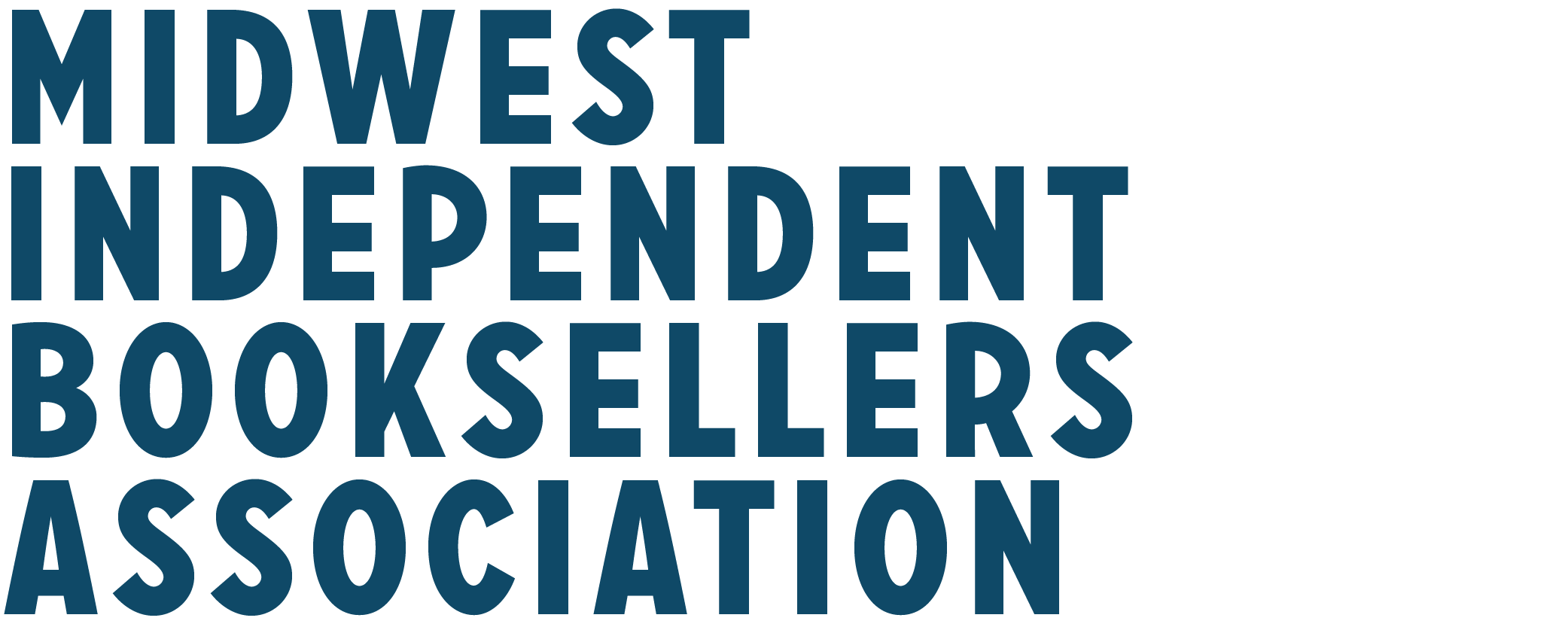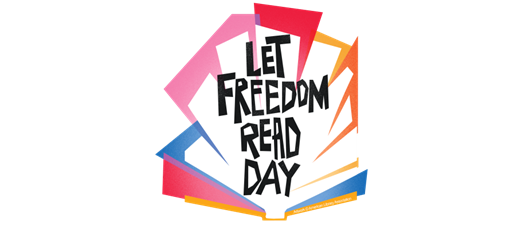If you have 5 minutes…
Call a decision maker
Call school and library administrators, school board and library board members, city councilpersons, and your elected representatives to ask them to support the right to read!
Resources
Support an advocacy organization
The organizations in the Banned Books Week Coalition work tirelessly to defend your right to access information. Support them by following them on social media, signing up for their email lists, or making a donation. Learn more about the members of the Coalition here.
Join Unite Against Book Bans
The Banned Books Week Coalition is a proud partner in Unite Against Book Bans, a national campaign to protect the rights of everyone to access information. Unite provides a comprehensive toolkit, supports those fighting censorship in their communities with advice and resources, and sends targeted messages to mobilize advocates in areas that need it. Add your name here!
If you have
15 minutes…
Check out a banned book
Circulation matters! Checking out banned books or books about topics that are frequently targeted for censorship proves that the community is interested in reading them. Library staff can use circulation data to support keeping the books on shelves when they are challenged and to justify ordering more books by the same authors or on the same topic.
Buy a banned book
Censorship doesn’t just harm libraries and schools; it also impacts writers, publishers, and booksellers. Writers have had school visits cancelled. Publishers and booksellers are encountering more obstacles to working with schools and libraries. One way you can support the people who make and sell books is to buy them!
Do you want to help others access banned books? You can donate the books you purchase to:
- Public and school libraries: Contact your local library or school to find out what they need and how to donate.
- Little Free Library: Use the free LFL mobile app to find a Little Free Library book-sharing box near you!
- Fundraisers: Many public libraries have friends of the library groups that use donated books to raise money for the library.
- A banned book giveaway or bookmobile: Call your local bookstore to see if they may be hosting a giveaway or supporting a bookmobile.
Resources
If you have
30 minutes…
Write a letter
Public input is very important for school and library board members, trustees, and elected officials. Take some time to write to your local boards and elected officials to let them know your concerns about censorship, and ask them to defend the right to read for the entire community.
Make a public statement for the right to read by writing a letter to the editor for publication in your local newspaper.
A letter can also be a wonderful tool for showing library staff, educators, authors, and the vulnerable readers in your community that you support them!
Resources
- Unite Against Book Bans Action Toolkit: Tips for Writing a Letter to the Editor
- School Book Challenge Resource Center (NCAC; sample letters appear at the bottom of the page)
- Dear Banned Author
- Guidance for Reaching Out to Your Local School and Library Boards (GLAAD) (MS Word download)
- Guidance for Reaching Out to Your Local School and Library Boards (GLAAD) (PDF download)
Plan to attend a meeting
Decisions about collection development, materials reconsiderations, and policies are being made at all levels of government. Some of the biggest battles are being fought at the local level. That makes attending school board, library board, and city council meetings one of the most critical actions you can take to fight censorship.
Most local governments and boards post meeting calendars and agendas online, and some also livestream meetings. Even if book bans or collection policies aren’t on the agenda, many boards and councils set aside time for public comments. Don’t let the people calling for censorship be the only voice in the room. Advocates can use comment periods to let board members and local officials know that they should support access to books of all kind.
Resources
If you have an hour or more…
Volunteer at your local library
Get a first-hand look at what’s happening at your library and find out how these essential community institutions do so much more than just check out books!
Start organizing!
The majority of Americans don’t support censorship, but attempts to ban books from libraries continue to rise at an unprecedented level. The small number of people who are leading the charge against the freedom to read are organized, and they are counting on complacency, ignorance, and inaction to accomplish their objectives.
No one person or organization can tackle this problem alone. We need to rally our communities in support of our schools and libraries! Take some time to start bringing together your friends, family, and other members of the community in a shared cause: fighting censorship!
Resources
Censorship is a national problem that happens at the local level. That means elections matter! The right to read — and democracy — depend on us. While you’re taking action on Let Freedom Read Day, don’t forget to prepare for elections big and small in your community.
If you have 5 minutes…
Register to vote.
Register to vote, or make sure your voter registration is up to date.
Take the Freedom to Read Voter Pledge.
Commit to voting for the freedom to read. Support policies and policymakers up and down the ballot that support the right to read for everyone in our diverse communities. Take the pledge.
If you have 15 minutes…
Find out what’s on your ballot.
Are there positions in your local government or school board up for election? What about propositions or ballot measures that might impact schools, libraries, or booksellers? Download a sample ballot from your state election office or use a resource like BallotReady.org or Vote411.org to find out what’s happening in your local elections.
Tip: Many states are still finalizing their ballots, so bookmark these pages to visit again later and any time there’s an election in your community.
If you have 30 minutes…
Ask your candidates about where they stand on book bans.
Want to know what a candidate thinks about censorship? Ask them! Contact your local candidates and ask them to respond to questions about where they stand on book bans. Unite Against Book Bans has a sample questionnaire that you can use in whole or in part to evaluate your candidates.
Tip: Send your questions to candidates as early as possible and set a deadline for a response.
If you have an hour or more…
Attend a town hall or rally.
What better way to learn about where candidates stand on book bans than to ask them in person?! Town halls and rallies are good ways to find out about the issues and what your candidates plan to do to address them.
Help your community prepare for elections.
Host a nonpartisan in-person or virtual event that promotes voter registration, informs the community about the voting rights, or fosters conversation about elections. The Voter Engagement Guide from Reader Voter Ready has several event suggestions.
Tip: Libraries, community centers, and bookstores can be great locations for — and partners in — voter engagement activities. Reach out to see if they want to collaborate!


